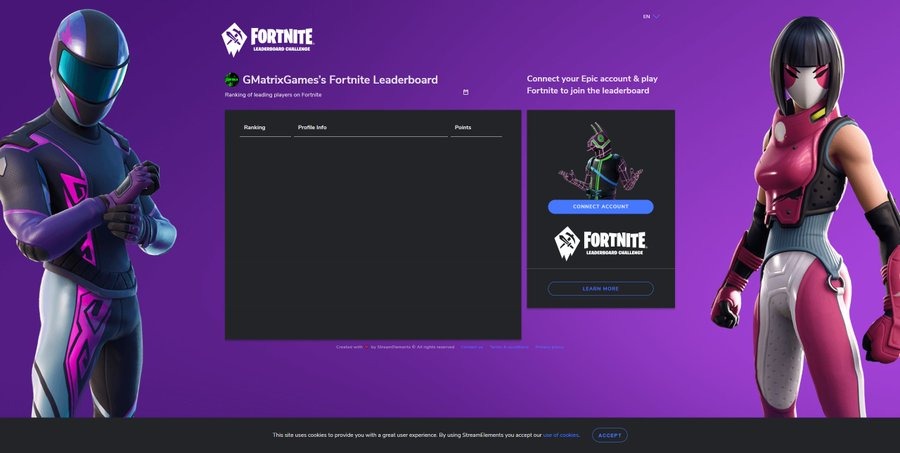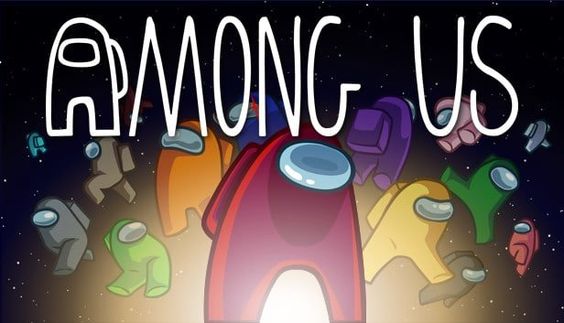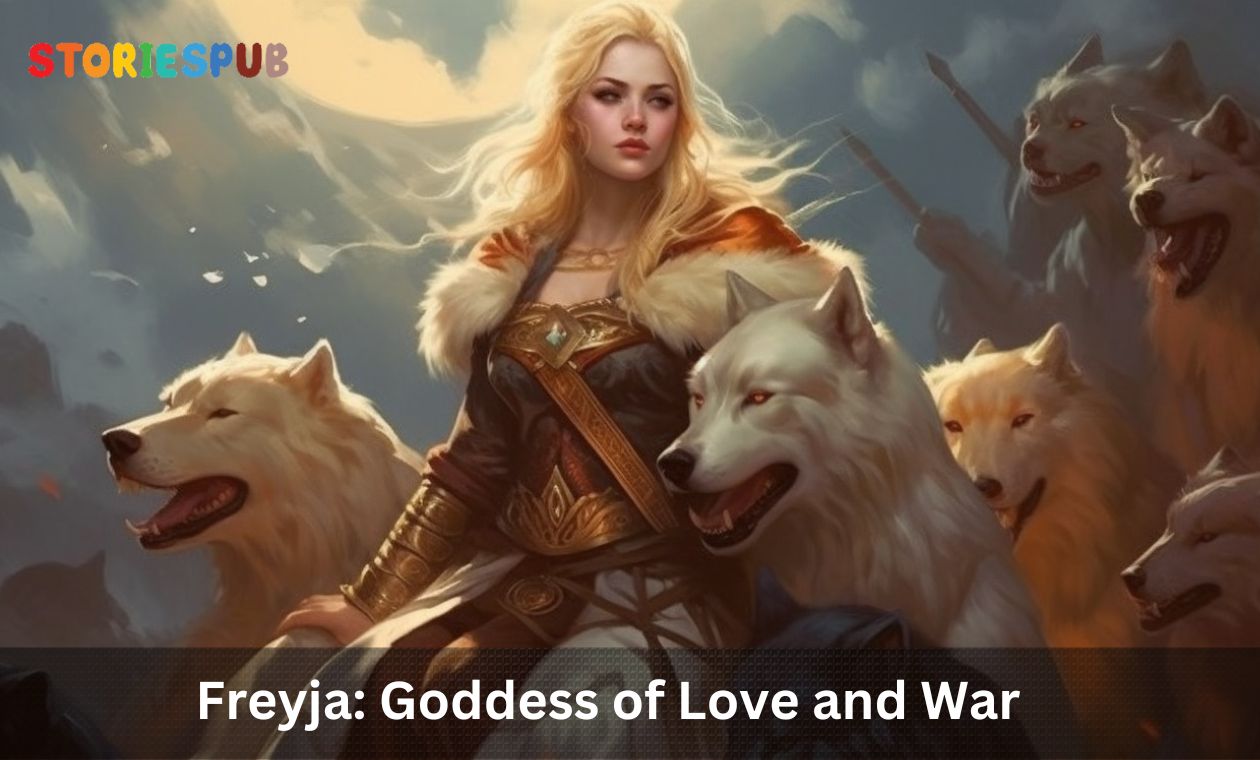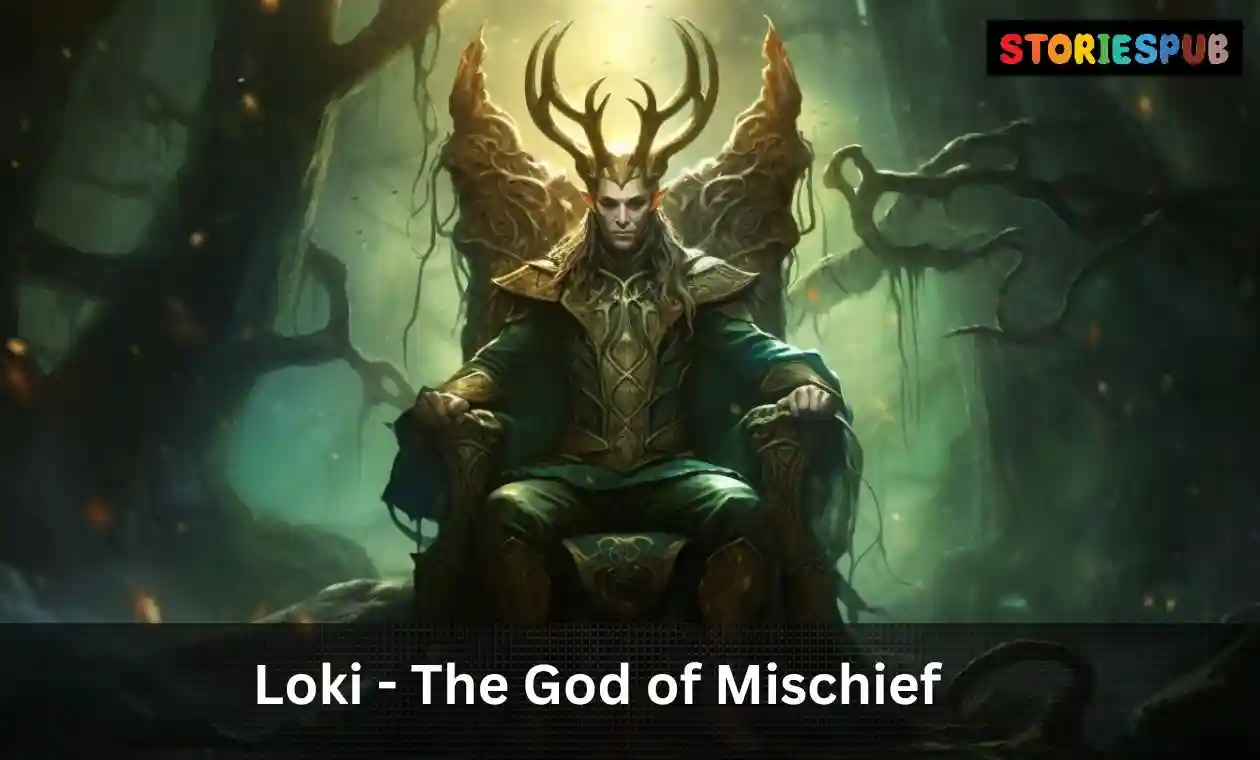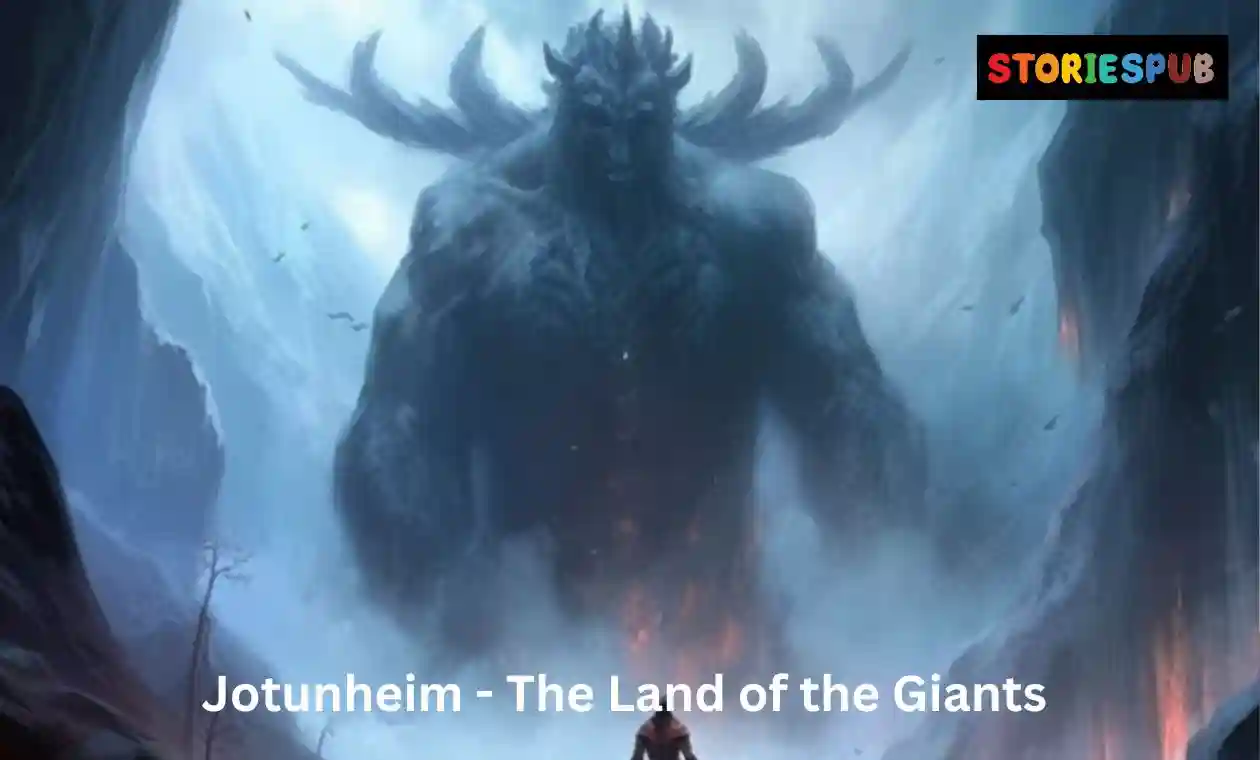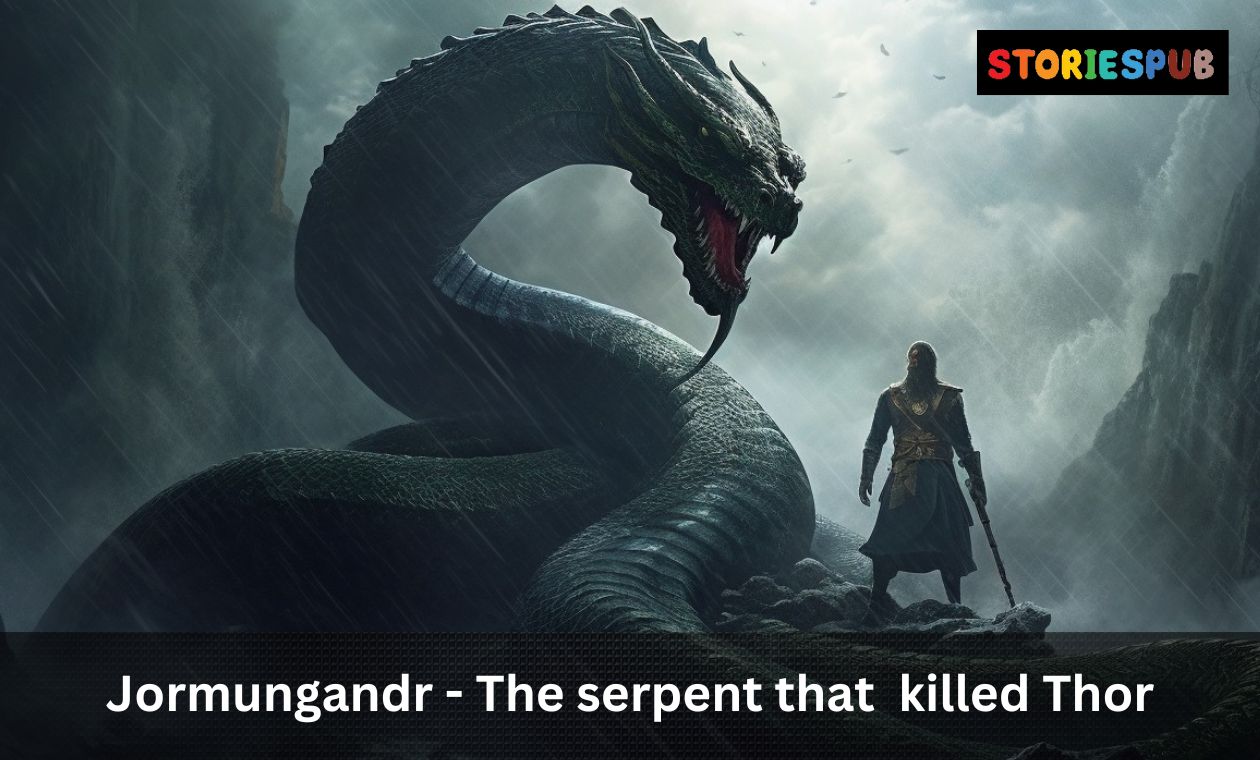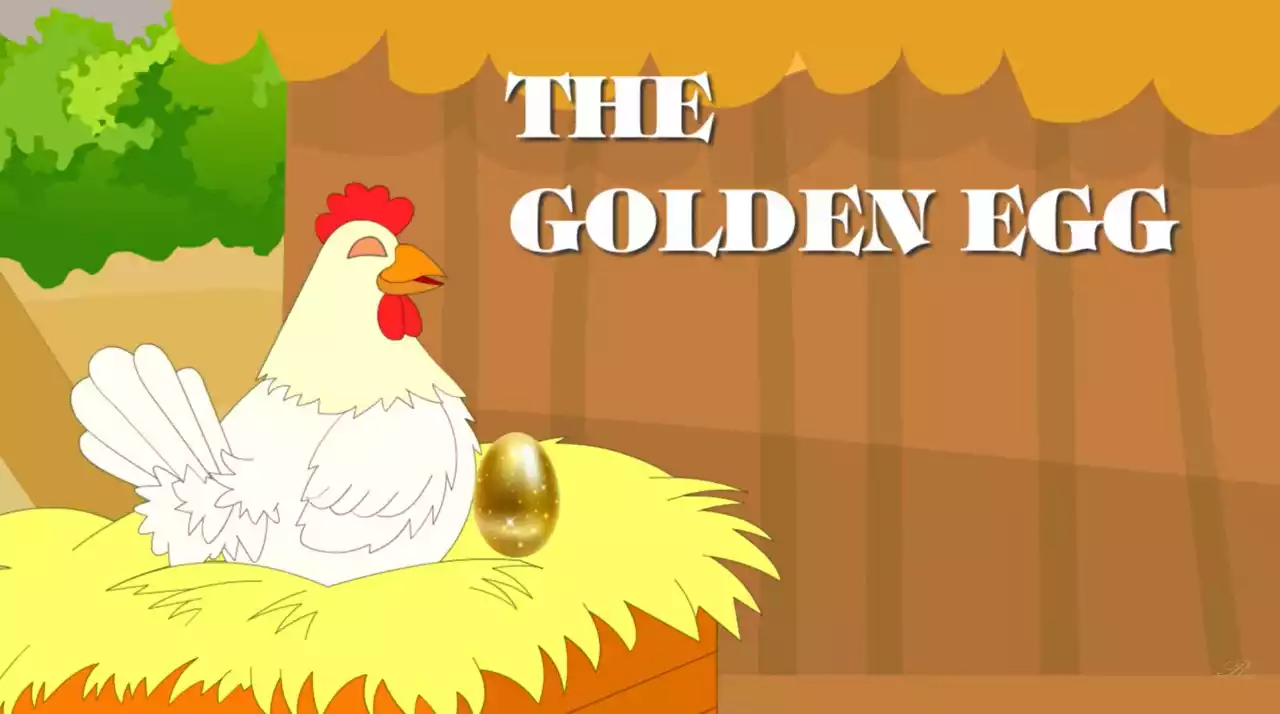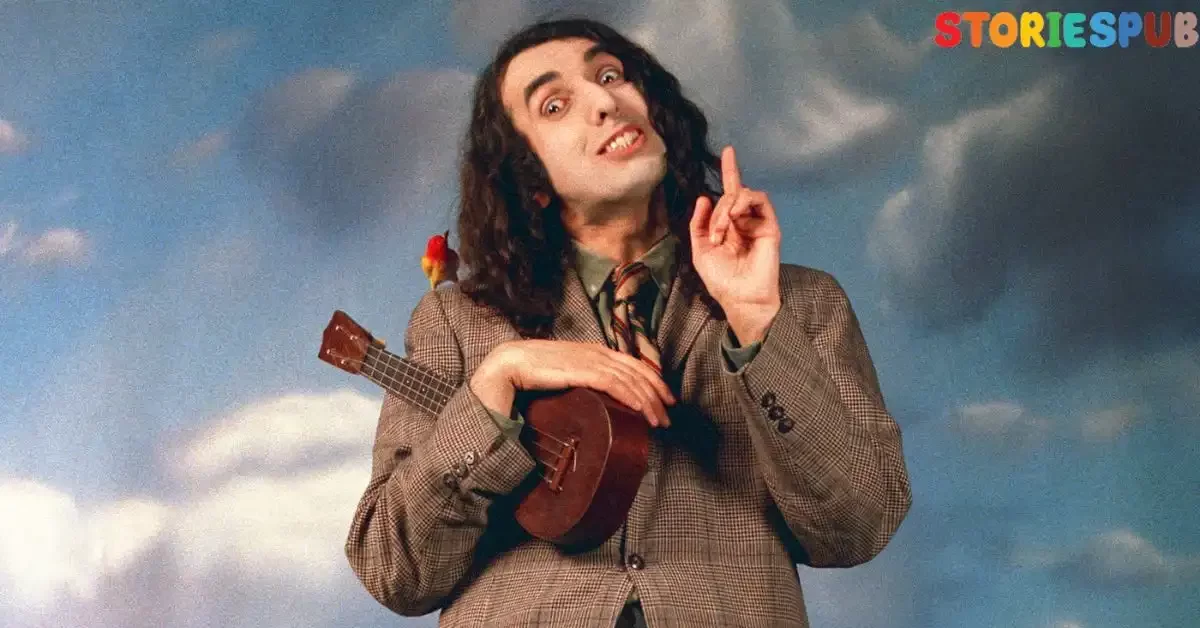Freyja: Goddess of Love, Fertility, and War
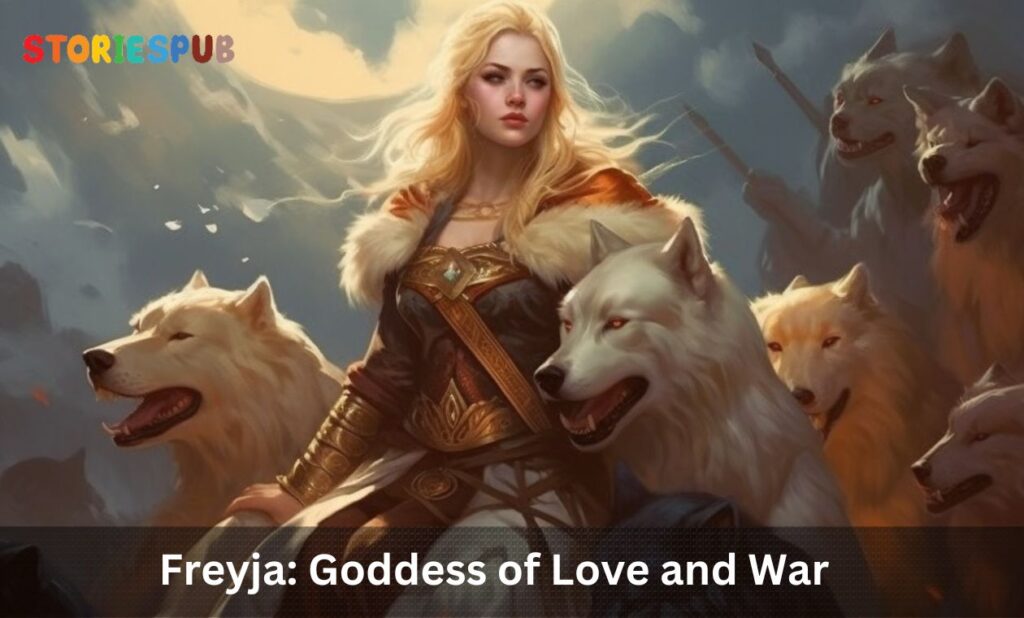
A Brief Overview of Norse Mythology
Norse mythology is a rich and complex collection of stories, myths, and legends that have fascinated people for centuries. It originated from the Nordic cultures of Scandinavia and was passed down orally from generation to generation before being written down in the 13th century.
The tales depict a world full of powerful gods and goddesses, giants, dwarves, elves, and monsters. They explain the creation of the world and its end, as well as the daily lives of humans and their relationships with the divine beings.
Introduction of Freyja – Goddess of Love, Fertility, and War
Freyja is one of the most important goddesses in Norse mythology. She is known as the goddess of love, fertility, war, magic, wealth, divination and death.
Her name translates to “The Lady” in Old Norse language. Freyja is often depicted wearing a necklace made up of gold called Brísingamen which was obtained through questionable means.
She is usually portrayed as a beautiful woman with golden hair who drives a chariot pulled by two cats. She owns a cloak made out feathers that allows her to fly at will over great distances.
Freyja’s strong personality makes her stand out among other goddesses in Norse mythology; she is fiercely independent yet nurturing at heart. According to legend Freyja resides in Folkvangr (Field-of-people) where she receives half or all slain warriors upon their death depending on how heroic they were in life.
Despite being so revered among different groups such as farmers seeking good harvests or warriors seeking victory on the battlefield there are few stories about her compared to other gods. However one story stands out which tells us that Freyja would do whatever it takes to get what she wants even if it means taking risks beyond the realm of the living.
Early Life
Birth and Upbringing
Freyja was born in a place known as Vanaheim, which is one of the Nine Worlds in Norse mythology. She was the daughter of Njord, the god of sea, commerce and fishing, and Skadi, a giantess. Freyja had a twin brother named Freyr with whom she shared an inseparable bond.
As a young girl, Freyja exhibited exceptional beauty that mesmerized everyone around her. Her hair shone like gold under the sun and her eyes sparkled like diamonds.
Her father Njord doted on her while her brother Freyr adored her completely. She grew up to be well-versed in several fields such as magic, sorcery and even battle.
Relationship with her Father Njord and Brother Freyr
Freyja shared a wonderful relationship with both her father Njord and brother Freyr. As mentioned earlier, she was very close to both of them from a very young age.
As children, they spent endless hours playing together in Vanaheim’s lush forests where they would chase each other around trees or swim in nearby streams. Njord doted on his daughter since he saw great potential in her.
He taught her everything he could about fishing and trading since he believed that she would rule over these aspects one day. Freyr was equally enamored with his twin sister’s beauty and intelligence that he often consulted with her on important matters such as decision-making or seeking guidance from the gods.
Freyja had an idyllic early life where she enjoyed great love from those closest to her -her father Njord and twin brother Freyr-. The next section will detail how she met Odur -the love of her life-.
Marriage to Odur
Meeting Odur
Freyja met Odur, a handsome and charming god, while traveling across the realms. The two immediately fell in love and were inseparable from that moment on.
They shared a passion for adventure and travel, exploring the nine worlds together. Odur was a deity of light and represented the sun.
Freyja was drawn to his warmth and brightness, basking in his radiance as they traveled together. Their love grew stronger with each passing day, and they knew they were meant to be together forever.
Marriage and Happy Life Together
After spending years adventuring together, Freyja and Odur decided to get married. Their wedding was a grand affair attended by all of the gods and goddesses of Asgard.
Freyja wore a beautiful dress made of pure gold, while Odur shone like the sun in his golden armor. Their marriage was a happy one filled with laughter, love, and adventure.
They continued traveling across the realms as husband and wife, exploring new lands and meeting new creatures along the way. Freyja’s love for Odur never faded over time.
She found herself falling more deeply in love with him every day. She cherished their time together above all else.
As Freyja often had to leave her husband on her travels for long periods of time – sometimes months at a stretch – she made up for it upon her return home by showering him with affection as well as gifts from her travels: rare gems from Svartalfheimr or wine from Vanaheimr. Their marriage was truly one of great happiness that even other gods envied them.
The Loss of Odur
Odur’s Disappearance
Freyja was incredibly happy with her husband, Odur. He was a kind, loving husband who made her feel complete. They had many wonderful years together, but one day, Odur disappeared without a trace.
Freyja searched and searched for him, but he seemed to have vanished completely. She was heartbroken and began to worry that she would never see him again.
Freyja’s Desperate Search for Him
Freyja did everything she could think of to find her beloved husband. She scoured the land and sea, asking every living creature if they had seen him or had any information on his whereabouts. Unfortunately, no one knew anything.
Freyja was so desperate that she even went to the gods for help. She begged Odin and the other gods to help her find Odur.
But they were not willing to intervene in this matter–they told Freyja that it was up to her alone to find him. Freyja continued her search tirelessly for what felt like ages until she finally received a message from Loki–a message that would change everything.
The Deal with Loki
Loki offered Freyja his assistance in finding Odur but at a steep price: he demanded that Freyja marry him in exchange for his help finding Odur. The thought of marrying Loki filled Freyja with dread as everyone knew how mischievous he could be–she didn’t want anything to do with him! But at the same time, she couldn’t give up on finding Odur.
After much internal turmoil and weighing her options carefully, Freyja reluctantly agreed to marry Loki under the condition that he help her find Odur quickly and without causing any harm. With the deal struck between them, Loki set out to help Freyja find her lost husband.
The Deal with Loki
Freyja’s desperate search for her beloved husband Odur was a journey fraught with danger and uncertainty. She scoured the earth, seeking any sign of him, but to no avail.
Then came the fateful day when she met Loki, the trickster god. At first, Freyja was wary of Loki’s offer to help find Odur.
She knew that he had a reputation for deceit and treachery, and she feared that he might use her vulnerability for his own purposes. But despite her reservations, she could not resist the chance to bring her husband back home.
And so it was that Freyja agreed to make a deal with Loki. He promised to help her find Odur in exchange for something precious – something that would be difficult for Freyja to part with.
Loki’s offer to help find Odur
Loki was true to his word – he led Freyja through treacherous terrain and over raging rivers until they arrived at the gates of Helheim, the realm of the dead. There they learned that Odur had indeed passed through those very gates. But there was a catch – Helheim would only release Odur if Freyja paid a steep price.
In order to bring him back home, she would have to sacrifice half of all of humanity forevermore. Freyja was conflicted – how could she possibly make such a terrible choice?
But as she weighed her options, she realized that there was simply no other way. The love that she felt for Odur was too great; it consumed her completely.
The price Freyja must pay
And so it was decided – Freyja would make the ultimate sacrifice in order to bring her beloved husband back from the dead. She pledged half of all humanity forevermore in exchange for his safe return.
It was a moment of great sadness and heartbreak for Freyja, but in the end she knew that it was the right thing to do. She had always been a goddess of love and fertility, and now she would pay the ultimate price in order to protect those she loved.
In the years that followed, Freyja carried on with her duties as a goddess, but there was a new sense of heaviness in her heart. She knew that every act of love and every birth would be tinged with sadness, knowing what she had sacrificed for them.
But despite the sorrow that weighed upon her soul, Freyja never once regretted her decision. She knew that it had been made out of pure love – the same love that had driven her to search for Odur in the first place.
The Journey to the Underworld
Freyja’s Desperation
Freyja was devastated after the loss of her beloved husband, Odur. She searched everywhere for him but could not find him.
She saw visions of him in her dreams and longed to be reunited with him. She sought help from Loki, the Norse god of mischief.
Loki offered to help Freyja find Odur on one condition: she must agree to marry him if he succeeded in his mission. Freyja, desperate to find her husband, agreed to Loki’s condition and set out on a perilous journey with her companion Huginn (thought) and Muninn (memory) by her side.
Encounter with Hel
Freyja traveled through dark forests and treacherous mountains until she finally reached the entrance to the underworld. The giantess Gjallarbru guarded the entrance and allowed only those who were dead or had permission from Hel herself. Freyja knew that she needed Hel’s permission to enter the realm of the dead, so she pleaded with Gjallarbru for help.
Gjallarbru agreed to let Freyja pass if she could impress Hel with her beauty and charm. When Freyja met Hel, she was immediately struck by how grim and uninviting She appeared.
The goddess of death was cold and unwelcoming towards Freya but eventually took pity on Her when She saw how much pain She was in. Hel agreed to let Odur go on one condition: that he would return permanently once a year to stay in her realm as an offering.
Freyja’s Return
With Odur recovered, Freyja made her way back through the underworld using all Her powers as a goddess of love and fertility just in time before the deadline she had agreed with Hel. When Freyja emerged from the underworld, She was overjoyed to see her husband alive and well. They embraced each other passionately, and Freyja knew that she owed Loki a debt for as long as She lived.
The journey to the underworld was treacherous, but it proved that Freyja was willing to go to any lengths for love. Her story has become a symbol of perseverance and strength for those seeking true love in their lives.
The Return of Odur
Freyja’s Desperate Search for Odur
After her husband Odur disappeared, Freyja frantically searched for him throughout the nine worlds. She traveled far and wide, seeking help from other gods and goddesses but to no avail. Her love for Odur consumed her, and she would not rest until she found him.
The Deal with Loki
Desperate and weary, Freyja turned to the trickster god Loki for help. He agreed to aid in her search under one condition: Freyja must allow him to marry her if he succeeded in finding Odur. Though hesitant at first, Freyja was willing to pay any price to be reunited with her beloved husband.
Freyja’s Successful Return from the Underworld
Freyja’s Journey Through the Underworld
To find Odur, Freyja descended into the underworld known as Helheim. She rode on her chariot drawn by two cats and carried with her special artifacts that she believed would aid in finding her lost love. In Helheim, she met with several challenges along the way but remained determined to continue on her quest.
Encounter with Hel – The Ruler of Underworld
Upon reaching the throne of Hel, Freyja met with its ruler, a powerful goddess also named Hel. Freyja pleaded with Hel for assistance in finding Odur through tears and promises of great rewards but was refused as no one was allowed to leave without a proper sacrifice.
Reunion with Her Beloved Husband
Odur’s Discovery and Reunion With His Wife
Despite all odds stacked against them, Freyja eventually discovered Odur imprisoned within a crystal cave guarded by trolls. Freyja bravely fought the trolls and freed Odur. They were reunited, and their love for each other shone brighter than ever before.
The Joyous Outcome of Their Love Story
Freyja and Odur returned to Asgard where they lived happily ever after. Their love story has since become a symbol of endless love and devotion in Norse mythology, inspiring poets, writers, and artists alike. Freyja’s determination to find Odur no matter the cost is a testament to how strong true love can be – an example that continues to inspire people even today.
Love, Fertility and War
Freyja’s Role as a Goddess of Love and Fertility
Freyja is one of the most popular Norse goddesses, known for her beauty, fertility, and love. She was seen as a symbol of sexuality and sensuality, and was often depicted wearing a necklace of amber or gold. Her name means “mistress” or “lady,” which reflects her position as a powerful female deity.
Freyja was also associated with fertility and was believed to help women conceive children. Freyja’s role as a goddess of love was not limited to human relationships.
She also had control over the animals that were used for breeding purposes. In Norse mythology, she is said to have ridden on a chariot pulled by two cats, which symbolize her power over love and fertility.
Her Involvement in Battles as a Warrior Goddess
Despite being known primarily for her beauty and fertility, Freyja was also a powerful warrior goddess who played an active role in battles. She was believed to train warriors in preparation for war, and would sometimes lead them into battle herself. In addition to being skilled with weapons such as swords and spears, Freyja had the ability to transform into a fierce boar or falcon during battle.
This made her incredibly formidable on the battlefield. Freyja’s involvement in war may seem contradictory to her role as a goddess of love and fertility.
However, it is important to note that Norse mythology did not separate these aspects of life into separate categories. Rather, they were all seen as interconnected parts of the human experience.
The Connection Between Love/Fertility/War
The connection between love/fertility/war can be seen in many different aspects of Norse mythology. For example, Odin – the chief god – sacrificed his eye in order to gain wisdom and knowledge. This sacrifice was seen as an act of love for his people, as he believed that the knowledge he gained would make him a better ruler.
Similarly, fertility was often linked to warfare in Norse mythology. The idea was that victorious warriors would be able to impregnate more women, which would lead to a larger population and stronger tribe.
Overall, Freyja’s role as a goddess of love, fertility, and war represents the complex interplay between these different aspects of life. She embodies the idea that love and sexuality are not separate from other parts of human experience, but rather integral components that shape our lives in many different ways.
Conclusion
Freyja is a fascinating and powerful figure in Norse mythology, revered for her role as the goddess of love, fertility, and war. Her story is one of determination and bravery, as she overcomes great obstacles to find her lost husband Odur.
Through her journey to the underworld and encounters with Hel, Loki, and other creatures of Norse mythology, Freyja proves her strength as a warrior goddess. But Freyja is not just a figure of battle – she is also the embodiment of love and fertility.
Her power to bring about new life was highly valued by ancient Norse societies, who often turned to her for help during childbirth or in matters of love. Whether on the battlefield or in matters of the heart, Freyja’s influence cannot be overstated.
In addition to her role in individual stories and myths, Freyja holds significance within the larger context of Norse mythology. As one of the most prominent female figures in this pantheon of gods and goddesses, she represents an important aspect of ancient Norse culture – one that valued both strength and femininity.
Today, Freyja continues to inspire artists, writers, and scholars alike with her complex character and multifaceted nature. Her story serves as a reminder that even in times of great struggle or uncertainty, there is power to be found in love and determination.
As we reflect on Freyja’s journey from start to finish – from birth through marriage to Odur, from his disappearance through her journey into the underworld – we are reminded that sometimes it takes great sacrifice or hardship to achieve our goals. But with perseverance like that shown by Freyja herself throughout her own trials and tribulations , anything is possible оnly if we believe so!
Hey kids, how much did you like The Freyja: Goddess of Love, Fertility, and War? Please share your view in the comment box. Also, please share this story with your friends on social media so they can also enjoy it, and for more such Norse Mythology, please bookmark storiespub.com.
Related Post :
Freyja FAQ
What does Freyja look like?
The appearance of Freyja is not described in detail in Norse mythology, but she is often depicted as a beautiful and sensual woman wearing a cloak of falcon feathers.
What is Freyja's role in Norse mythology?
Freyja is responsible for teaching the gods and goddesses the art of magic, as well as for presiding over matters of love, fertility, and war.
What are some other stories involving Freyja?
Freyja appears in several Norse myths, including one in which she must retrieve her necklace from the giant who stole it and another in which she chooses half of the slain warriors in battle to go to her hall in the afterlife.
Is Freyja worshipped in modern times?
Freyja is not worshipped as part of any organized religion in modern times, but she is still studied and appreciated by scholars and enthusiasts of Norse mythology.
What is the significance of Freyja in Norse mythology?
Freyja represents the duality of love and war in Norse culture, as well as the importance of fertility and sexuality in the natural world.
Are there any symbols associated with Freyja?
Freyja is often associated with the falcon, which is said to be her favorite animal, as well as with the necklace Brisingamen, which is a symbol of her power and beauty.
Is Freyja similar to other goddesses of love and fertility in other cultures?
The concept of goddesses of love and fertility is found in many cultures throughout the world, and there are some similarities between Freyja and other goddesses of love and fertility, such as the Greek goddess Aphrodite and the Roman goddess Venus.
Are there any modern adaptations of Freyja in popular culture?
Freyja has been adapted in various forms in popular culture, including in comic books, video games, and television shows. She is often portrayed as a strong and powerful woman with control over magic and sexuality.
What is Freyja's relationship with the god Odin?
Freyja is sometimes said to be the daughter of the god Njord and the sister of the god Freyr, but she is also sometimes said to be the wife of the god Odin.





